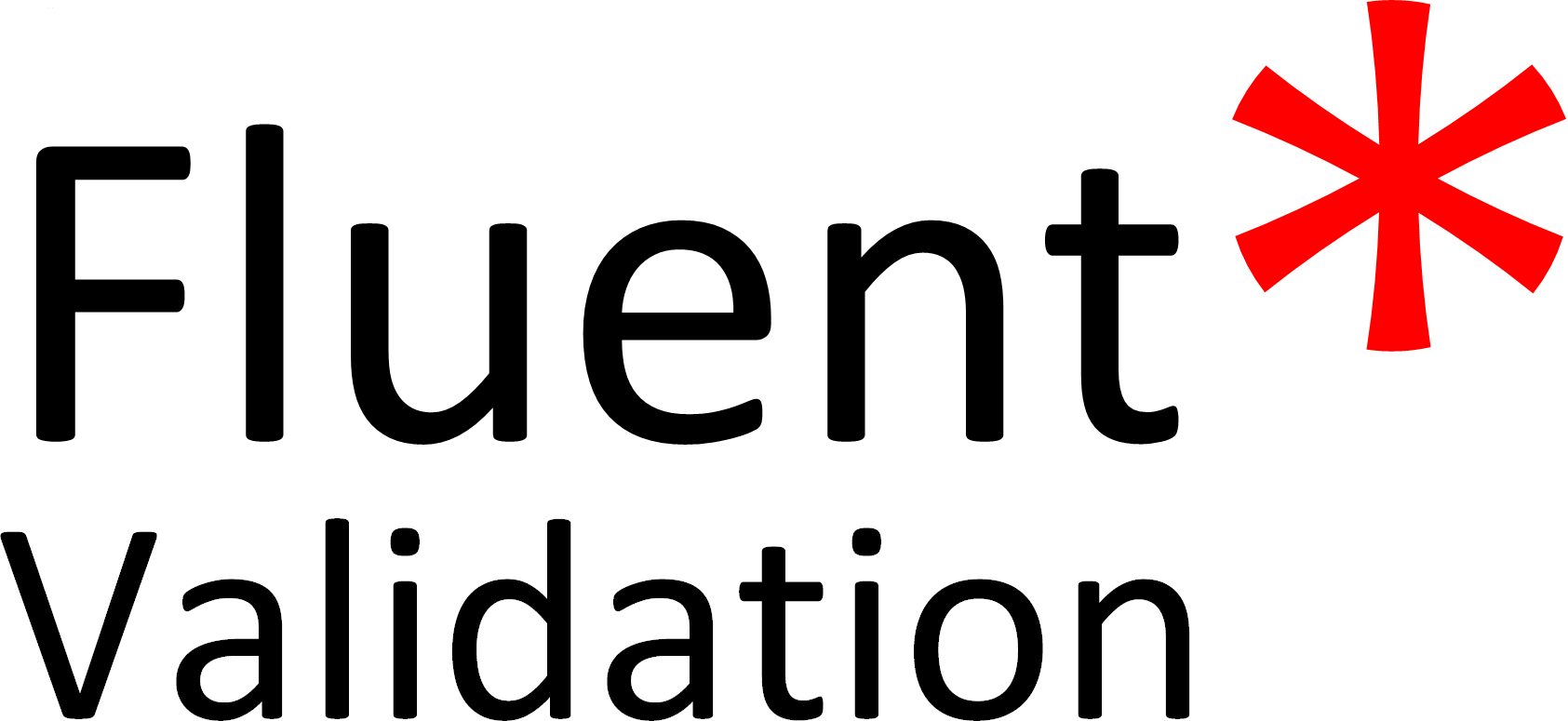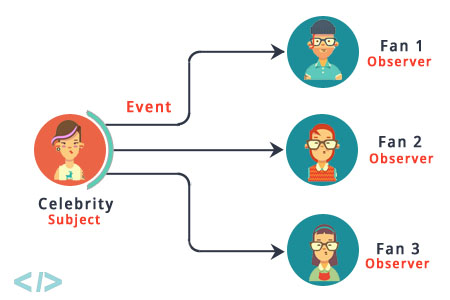Implementing CQRS with MediatR - Part 3
In the previous post, we examined how to use IRequest and IRequestHandler in MediatR, which are responsible for implementing the Command/Query roles in CQRS. The code for this part is updated and available in this repository.

Our Command, CreateCustomerCommand, lacks any validation for user input. Users can call this Command with any values they like. In this part, we’ll add validation capabilities to our Commands using the Fluent Validation library.
First, install the library using the following command:
Install-Package FluentValidation.AspNetCore
After adding the library, register it in your DI Container:
services.AddMvc()
.AddFluentValidation(cfg =>
cfg.RegisterValidatorsFromAssemblyContaining<Startup>()
);
Create a new class called CreateCustomerCommandValidator that inherits from Fluent Validation’s AbstractValidator to define the validation logic for CreateCustomerCommand:
public class CreateCustomerCommandValidator : AbstractValidator<CreateCustomerCommand>
{
public CreateCustomerCommandValidator()
{
RuleFor(customer => customer.FirstName).NotEmpty();
RuleFor(customer => customer.LastName).NotEmpty();
}
}
As you can see, we have checked that the FirstName and LastName properties are not empty. FluentValidation offers various validation methods, the list of which you can see here. Custom Validators can also be created, as shown in these examples.
If you run the application and call the CreateCustomerCommand with empty fields, you’ll immediately encounter an error, indicating that Fluent Validation has performed its validation tasks correctly.
Error: 400 - Bad Request
{
"LastName": [
"'Last Name' must not be empty."
],
"FirstName": [
"'First Name' must not be empty."
]
}
* Note: All superficial validations like non-empty values, date validation, email validation, etc., must be done before Commands are handled. If validation fails, we should not enter the Command’s Handle method. (Fail Fast Principle)
Events

Suppose we want to send an email to a customer upon successful registration. Sending an email is not the responsibility of CreateCustomerCommand. Adding email-sending logic would violate the Single Responsibility Principle (SRP).
To solve this issue, we can use events. Events notify their Subscribers. In MediatR, sending and handling Events is done via two interfaces: INotification and INotificationHandler.
Unlike Commands, which can only have one Handler, Events can have multiple handlers. This allows you not only to have a Subscriber responsible for sending emails but also another Subscriber to log the new customer information.
First, create a class named CustomerCreatedEvent that inherits from INotification:
public class CustomerCreatedEvent : INotification
{
public CustomerCreatedEvent(string firstName, string lastName, DateTime registrationDate)
{
FirstName = firstName;
LastName = lastName;
RegistrationDate = registrationDate;
}
public string FirstName { get; }
public string LastName { get; }
public DateTime RegistrationDate { get; }
}
Next, write two handlers for this event. The first handler will be responsible for sending emails:
public class CustomerCreatedEmailSenderHandler : INotificationHandler<CustomerCreatedEvent>
{
public Task Handle(CustomerCreatedEvent notification, CancellationToken cancellationToken)
{
// IEmailService.Send($"Welcome {notification.FirstName} {notification.LastName} !");
return Task.CompletedTask;
}
}
The second handler will log the newly registered customer information:
public class CustomerCreatedLoggerHandler : INotificationHandler<CustomerCreatedEvent>
{
readonly ILogger<CustomerCreatedLoggerHandler> _logger;
public CustomerCreatedLoggerHandler(ILogger<CustomerCreatedLoggerHandler> logger)
{
_logger = logger;
}
public Task Handle(CustomerCreatedEvent notification, CancellationToken cancellationToken)
{
_logger.LogInformation($"New customer has been created at {notification.RegistrationDate}: {notification.FirstName} {notification.LastName}");
return Task.CompletedTask;
}
}
Finally, you just need to modify the handle method inside CreateCustomerCommandHandler that we created in the previous post and use the Publish method from IMediator interface to raise this event:
public class CreateCustomerCommandHandler : IRequestHandler<CreateCustomerCommand, CustomerDto>
{
readonly ApplicationDbContext _context;
readonly IMapper _mapper;
readonly IMediator _mediator;
public CreateCustomerCommandHandler(ApplicationDbContext context,
IMapper mapper,
IMediator mediator)
{
_context = context;
_mapper = mapper;
_mediator = mediator;
}
public async Task<CustomerDto> Handle(CreateCustomerCommand createCustomerCommand, CancellationToken cancellationToken)
{
Customer customer = _mapper.Map<Customer>(createCustomerCommand);
await _context.Customers.AddAsync(customer, cancellationToken);
await _context.SaveChangesAsync(cancellationToken);
// Raising Event ...
await _mediator.Publish(new CustomerCreatedEvent(customer.FirstName, customer.LastName, customer.RegistrationDate), cancellationToken);
return _mapper.Map<CustomerDto>(customer);
}
}
Run the application and set breakpoints on both NotificationHandlers. If you call /api/customers to create a new customer, you’ll see both of your handlers get raised, and you’ll see the customer information logged in the console using our log handler.
info: MediatrTutorial.Features.Customer.Events.CustomerCreated.CustomerCreatedLoggerHandler[0]
New customer has been created at 2/1/2019 11:40:48 PM: Moien Tajik
* Note: In this part of the tutorial, we used a Notification for logging purposes. If the number of Commands in our application increases, we’ll have to create a new INotification and INotificationHandler for each Command, even though their logic will be very similar.
In the next article, we’ll eliminate these repetitive parts using MediatR Behaviors, which implement Aspect-Oriented Programming (AOP).
